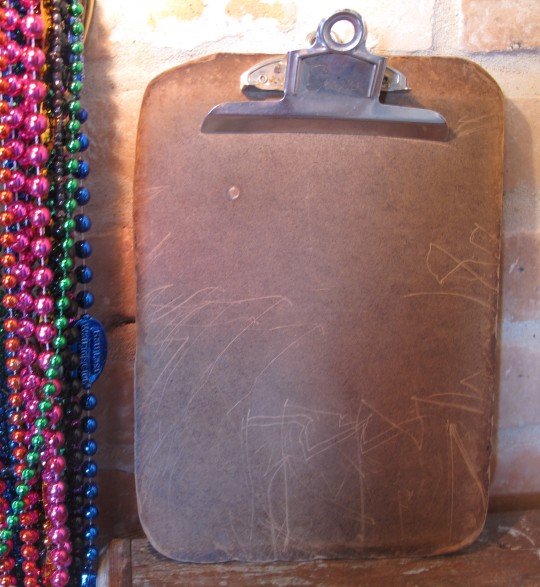
Old age is a wonderful thing … discounts on Amtrak, cartons of Cialis, and smiles from strangers when you lose your mind. These days, I lose my mind every few minutes. Occasionally I find it frustrating, but mostly I think it’s amusing. When I write, words still flow like water over Niagara Falls. But when I speak and attempt to form meaningful sentences, words pour like salt from shakers left too long in the rain. I stammer and stutter and stare into space. “A senior moment,” I mumble, while everyone hangs on patiently.
But none of that matters!
I was an undergraduate psych major at Beloit College, Beloit, Wisconsin, when I met Vilma Ginzberg, psychologist, author, and expert in Gestalt therapeutic techniques. Graciously, she invited me to attend her group therapy sessions and watch as she worked with her clients. I was entranced by the brilliant quality of her work but found one thing curious: she never took notes. I asked: “How can you remember your client’s sister’s name from one session to the next sometimes spanning several weeks?” Vilma explained that Gestalt therapists focus on the moment. “That’s where we live. That’s where insights and breakthroughs occur. If her sister isn’t mentioned next time, she’s not important in the new moment. If she is brought up again, her name and other details are freshly available in that moment.” Either way, Vilma’s contention was supported—there was no need to write it down because there was no need to remember it.”
Wow! What an insight for a twenty-year-old aspiring psychologist. I bought a clipboard anyway, but used it only for making appointments, recording phone numbers, and keeping track of other details I really did need to remember. As a result, I rarely practiced the art of remembering and never got good at it. I remember the stuff that’s important, fun, and scandalous, but can’t recall anything else. I look in awe at my kids when they tell me what they did on their fourth birthdays—what they were wearing, the kind of cake we ate, and the presents they received. Really? I’ve never been able to do that and never will. But Vilma taught me that that’s okay.
What I do well—instead of remembering—is engage people deeply in the moment. I listen, look in their eyes, touch when appropriate, disclose who I am, and invite them to do the same. Perls said: “Everything is ‘aware process.’” Memories of the past, along with our worries, hopes, and dreams for the future are fantasies. Only our experience in the moment is real. Thanks to Vilma, that’s where I decided to concentrate my efforts and live my life, quietly losing my mind while wearing a smile.